
Closet Case: Paul Kidd
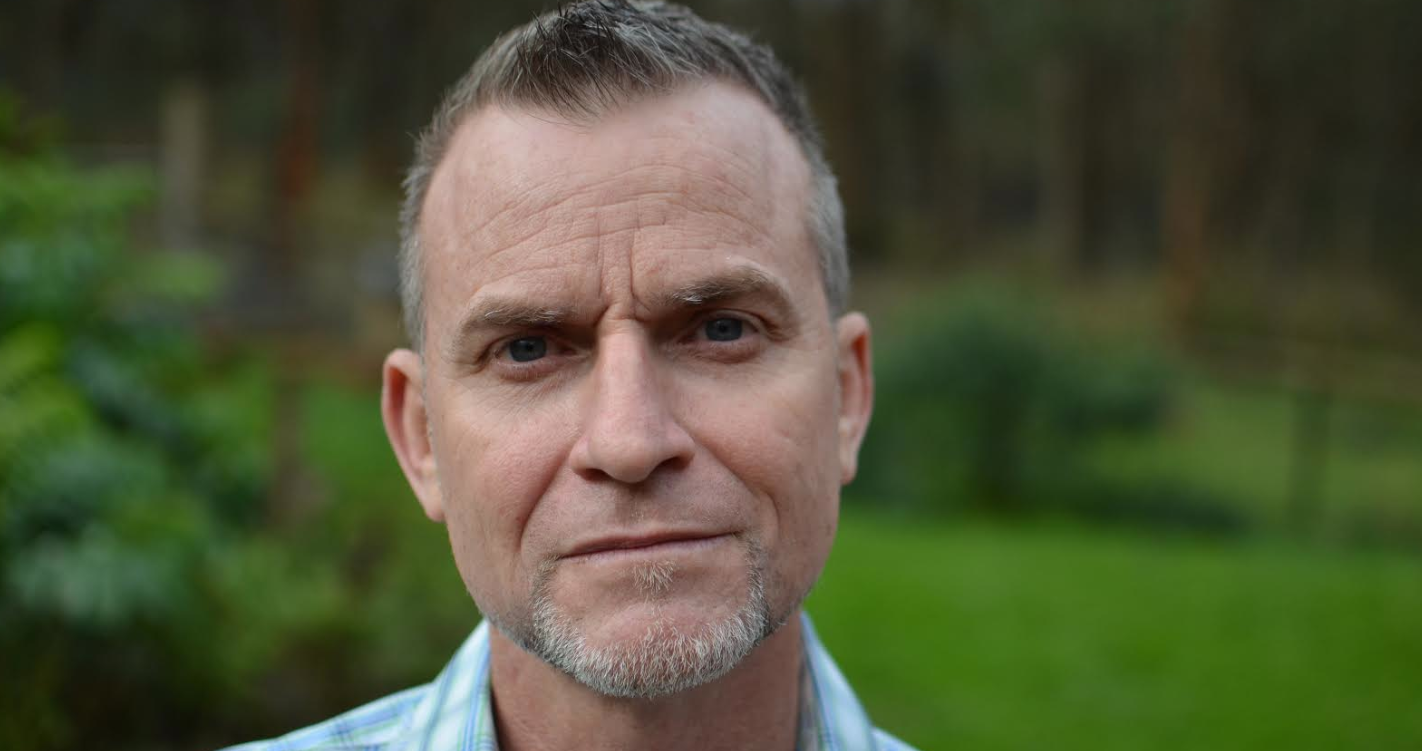
IT’S a familiar story, but it’s one that still resonates widely: growing up gay in rural or remote areas can be an isolating and insular experience.
At the end of high school Paul Kidd was ready to move away from his small country town to a place where he wouldn’t have negative feelings about his sexuality.
[showads ad=MREC]“When I left home my only understanding was that gay men were despised and were only spoken about in negative ways,” he said.
“As I was recognising my own sexuality at the time, it was a hard thing to reconcile.”
Kidd is a long-time HIV activist and currently a member of the Justice Working Group for the Victorian Government’s LGBTI Taskforce.
As the chair of the HIV Legal Working Group, he helped bring about the repeal of Section 19A in Victoria — the only law of its kind in Australia that specifically criminalised the intentional transmision of HIV. He has also worked towards raising awareness and battling stigma around the virus.
During his first years at university he was “brought out” of the closet before coming out to his friends, family and the broader community.
“It was quite funny, I was with friends on campus having coffee and one friend felt like he’d been deputised because he said ‘Paul, we all know that you’re gay and you don’t have to hide it’,” Kidd recalled.
“It was a bit of a shock when it happened, I was dumbstruck by it… people could see from the outside that I was juggling two lives.”
Kidd came out at the beginning of the 1980s when he was living in NSW, before homosexuality was decriminalised in the state in 1984.
“There had been a great social revolution but there were still laws that hung over gay men,” he said.
“I can remember wandering through the streets of Paddington with my boyfriend at the time, talking about the fact that homosexuality was going to be decriminalised the next day.
“He said ‘let’s go home and do it one last time before it’s legal’.”
When Kidd came out, he wasn’t met with much negativity. However, being gay wasn’t the only struggle he faced.
Around the same time that law reform was moving through NSW, Kidd acquired HIV, although he wasn’t diagnosed until August 1991.
When HIV tests first came out he was dissuaded from taking one by his doctor, who was worried that the government would seize Kidd’s file and have him quarantined.
When he learned he was HIV-positive, the first person he told was his boyfriend at the time.
“He left me that day. He literally packed his bags and left,” he said.
“It was a terrible moment, but I had an obligation to tell him.
“Even in ’91 it was a terribly scary thing to confront… in retrospect I’m glad he left.”
Kidd only told one or two more people over the following year, when people were being diagnosed at a rapid rate.
“I was living in inner-Sydney and people were dying every day,” he recalled.
“You’d pick up the Sydney Star Observer [the former name of Star Observer] and there would be pages of obituaries, and every week I’d see someone I knew.”
As Kidd grew more comfortable disclosing his status to other people, he became a more active part of the gay community united against HIV.
“I felt like I had an obligation to speak up as a HIV-positive person because we lived in a community united in anger against the virus,” he said.
“In some ways it was the default position. Everyone was an activist on some level.”
The culture around revealing one’s HIV status has changed in recent years, with initiatives like the Disclosure Project helping HIV-positive people share their experiences in an online community.
As an ENUF ambassador for Living Positive Victoria, Kidd has been working to reduce the stigma around HIV and the stigma that surrounds things like disclosure.
“Some of the stuff that’s been done in the last few years has helped the conversation shift from how you can protect your confidentiality to how you can safely disclose your status,” he said.
“Stigma goes very deep and people have deep-rooted ideas about what HIV is, but a lot has gotten easier.”
__________________________________
**This article was first published in the December edition of the Star Observer, which is available now. To obtain a copy, click here to find out where you can grab one in Melbourne, Sydney, Brisbane, Adelaide, Canberra and select regional/coastal areas.
Read the December edition of the Star Observer in digital format:
__________________________________
Read previous instalments of “Closet Case”:
Anna Brown Lachlan Beaton
Michael Kirby Monique Schafter
Jesse Jackman & Dirk Caber Tony Briffa
Mariam Margolyes Kerryn Phelps & Jackie Stricker-Phelps
Benjamin Law Beccy Cole
Buck Angel Thomas Jaspers
[showads ad=FOOT]
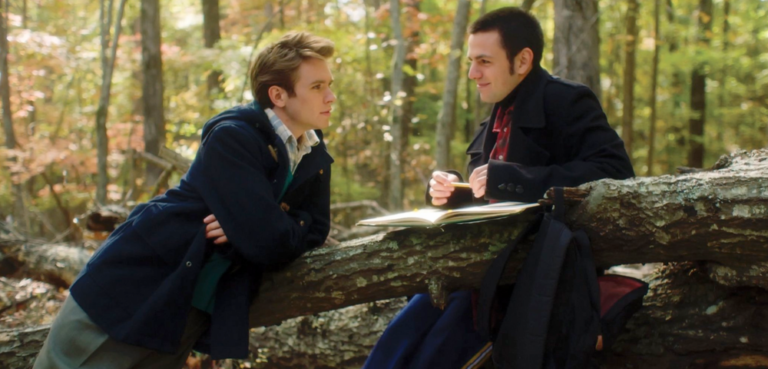
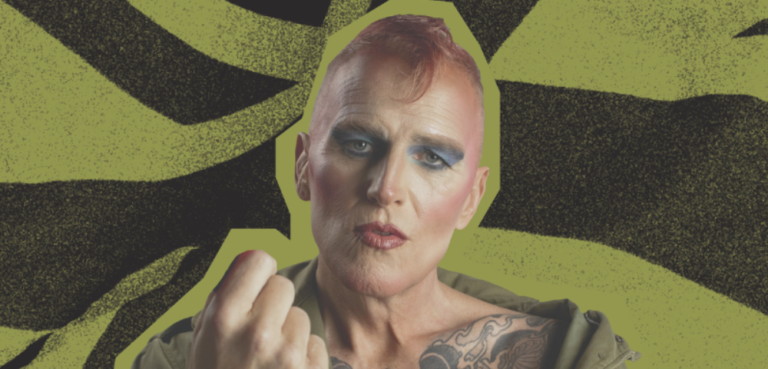


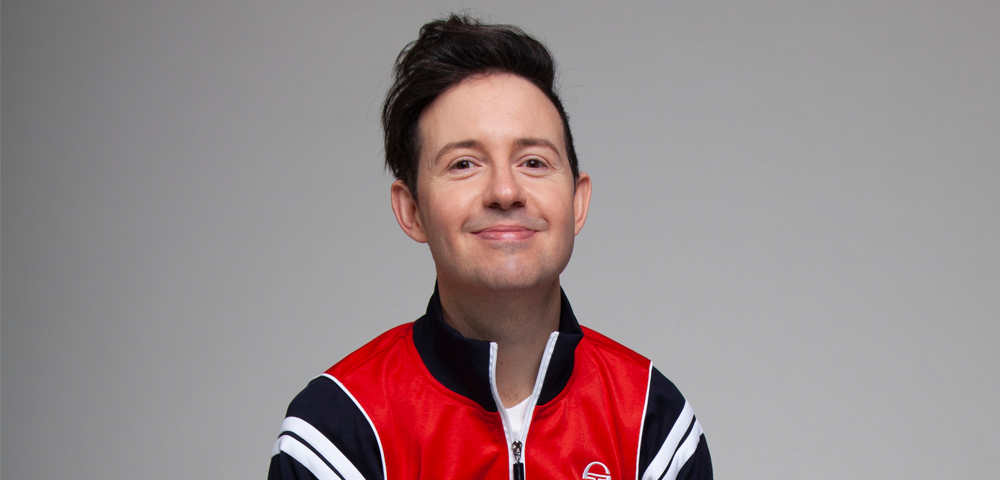
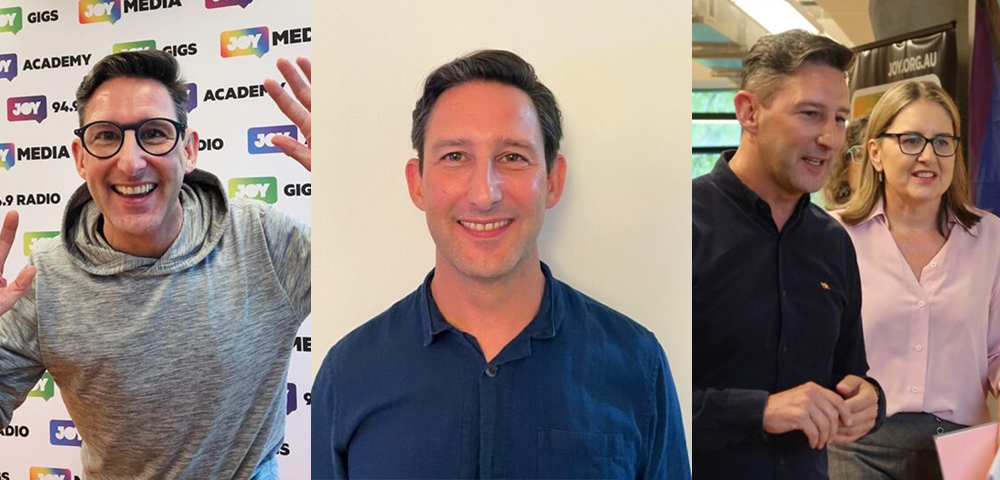

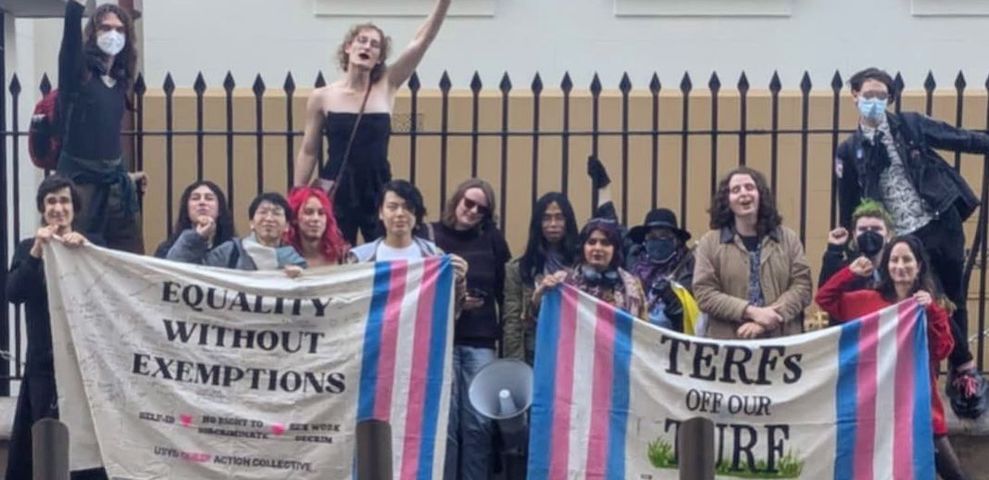


I cannot understand why anyone would want to repeal a very sensible Law which criminalised the “Intentional transmission of the HIV virus”.
The operative word is “Intentional”.
It would be fair to say that, unless someone did it out of revenge or simply to deliberately hurt a former lover, partner, no-one within the GLKTBQI Community would want to deliberately infect another.
Yes, we can, it appears, live for many decades today after diagnosis thanks to treatment & doubtless in the not too distant future we will get a vaccines or some sort of medication which will kill the virus altogether & do it without actually killing us. Betadine, bleach & other substances kills the virus but we can’t drink them!
I would be mightily pissed off if I discovered someone had deliberately set out to infect me with anything – let alone HIV.
“I cannot understand why anyone would want to repeal a very sensible Law which criminalised the “Intentional transmission of the HIV virus”
What a very stupid question!
Lets get some facts shall we:
1. Section 19A (now thankfully repealed) actually secretely encouraged the spreading of HIV and the stigma of HIV itself actually prevented people from getting tested for HIV!
2. The law does NOTHING to stop the spead of HIV. For example in NSW prior to 2003 when the age of consent was unequal at 18 for gay men and 16 for everyone else – it did not stop gay men from having sex at 16!
3. It is hard to prove in the law courts and police that you actually prevented the spead of HIV! and
Finally 4. 70 countries around the world still have laws against gay sex, this is a problem because it indirectly encourages the spreading of HIV and the stigma on HIV and gay sex itself!
This is also a reply to Paul’s response to your comments. I agree with you totally. The key word is “intentional”. There are laws against intentionally stabbing or shooting someone but they have not stopped anyone being killed. There are laws to stop speeding and running red lights but drivers continue breaking the laws. Maybe Paul should campaign to repeal these laws!